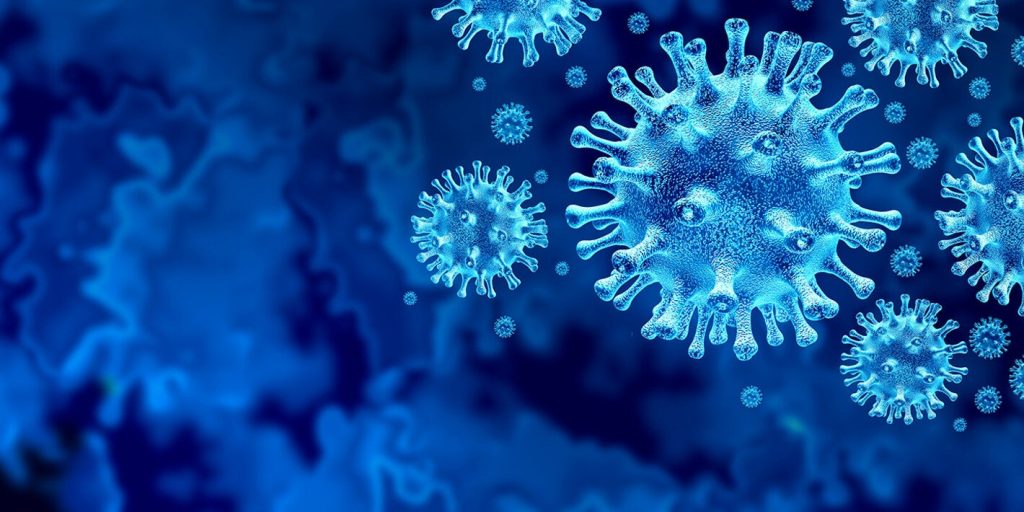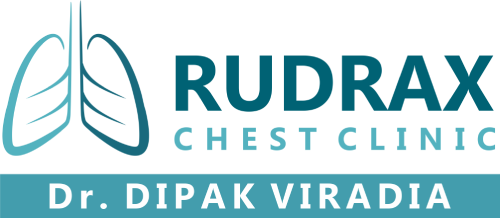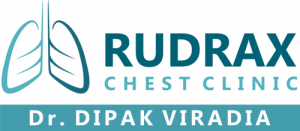
Coronavirus disease 2019 (COVID-19) is an infectious disease caused by a new type of virus. The disease originated in Wuhan, China and has since spread globally. On March 11, 2020, the World Health Organisation declared the COVID-19 to be a global pandemic. The first confirmed case in India was on January 30, 2020. Since then, there has been a consistent rise in the number of cases within the country.
COVID-19 affects different people in different ways. Most infected people will develop mild to moderate illness and recover without hospitalization.
Most common symptoms:
fever
dry cough
tiredness
Less common symptoms:
aches and pains
sore throat
diarrhoea
conjunctivitis
headache
loss of taste or smell
a rash on skin, or discolouration of fingers or toes
Serious symptoms:
difficulty breathing or shortness of breath
chest pain or pressure
loss of speech or movement
Seek immediate medical attention if you have serious symptoms. Always call before visiting your doctor or health facility.
fluids to maintain adequate hydration.
Follow respiratory etiquettes at all times.
Frequent hand washing with soap and water for at least 40 seconds or clean with alcohol-based sanitizer.
Don’t share personal items with other people in the household.
Ensure cleaning of surfaces in the room that are touched often (tabletops, doorknobs, handles, etc.) with 1% hypochlorite solution.
Monitor temperature daily.
Monitor oxygen saturation with a pulse oximeter daily.
Connect with the treating physician promptly if any deterioration of symptoms is noticed.
Instructions for caregivers:
Mask: The caregiver should wear a triple layer medical mask. N95 mask may be considered when in the same room with the ill person.
Hand hygiene: Hand hygiene must be ensured following contact with ill person or patient’s immediate environment.
Exposure to patient/patient’s environment: Avoid direct contact with body fluids of the patient, particularly oral or respiratory secretions. Use disposable gloves while handling the patient. Perform hand hygiene before and after removing gloves.
Medical treatments
Treatment for patients with mild/asymptomatic disease in home isolation
Patients must be in communication with a treating physician and promptly report in case of any worsening.
Continue the medications for other co-morbid illness after consulting the treating physician.
Patients to follow symptomatic management for fever, running nose and cough, as warranted.
Patients may perform warm water gargles or take steam inhalation twice a day.
When to seek immediate medical attention:
Difficulty in breathing
Dip in oxygen saturation (SpO2 < 94% on room air)
Persistent pain/pressure in the chest
Mental confusion or inability to arouse




